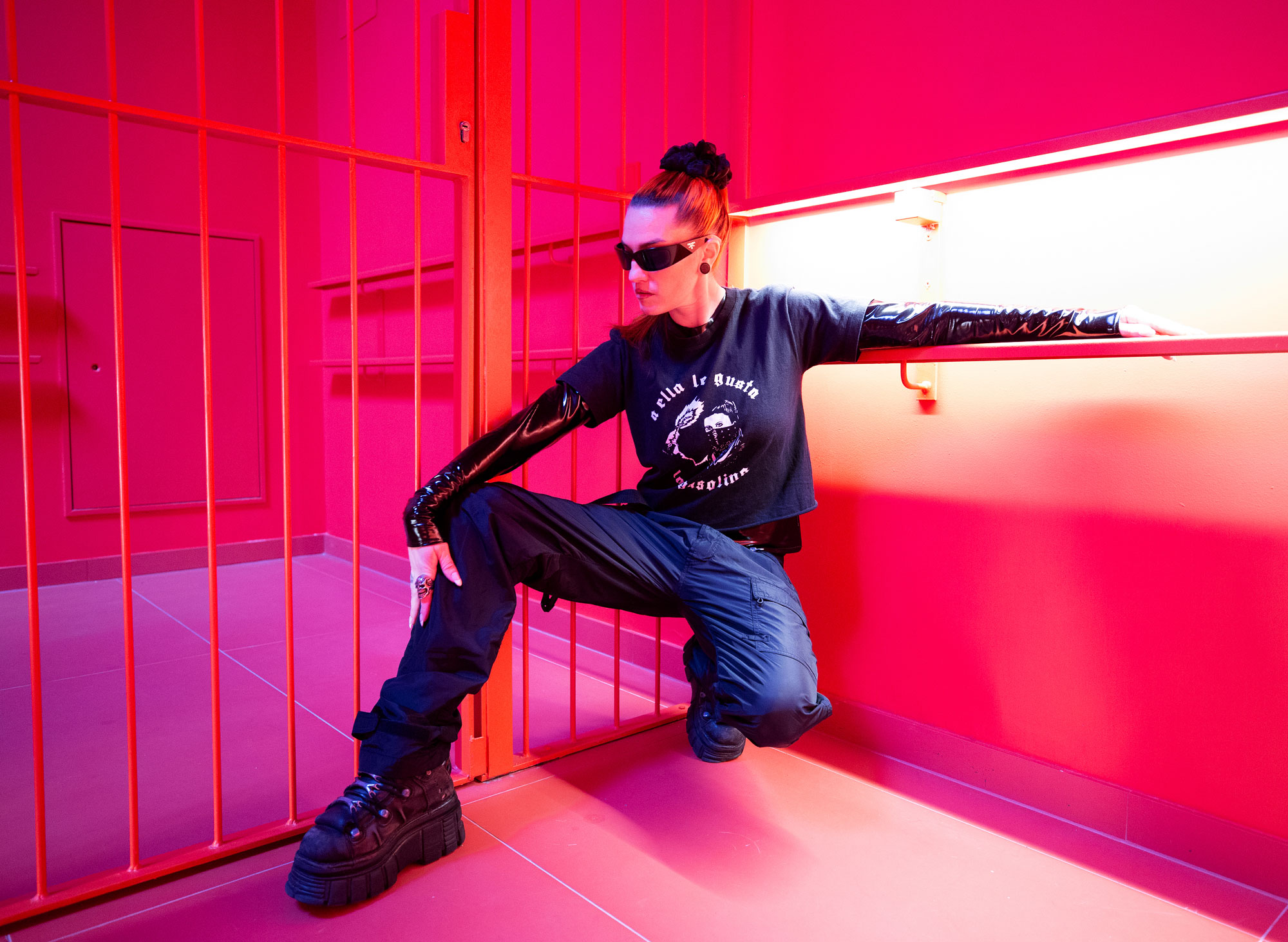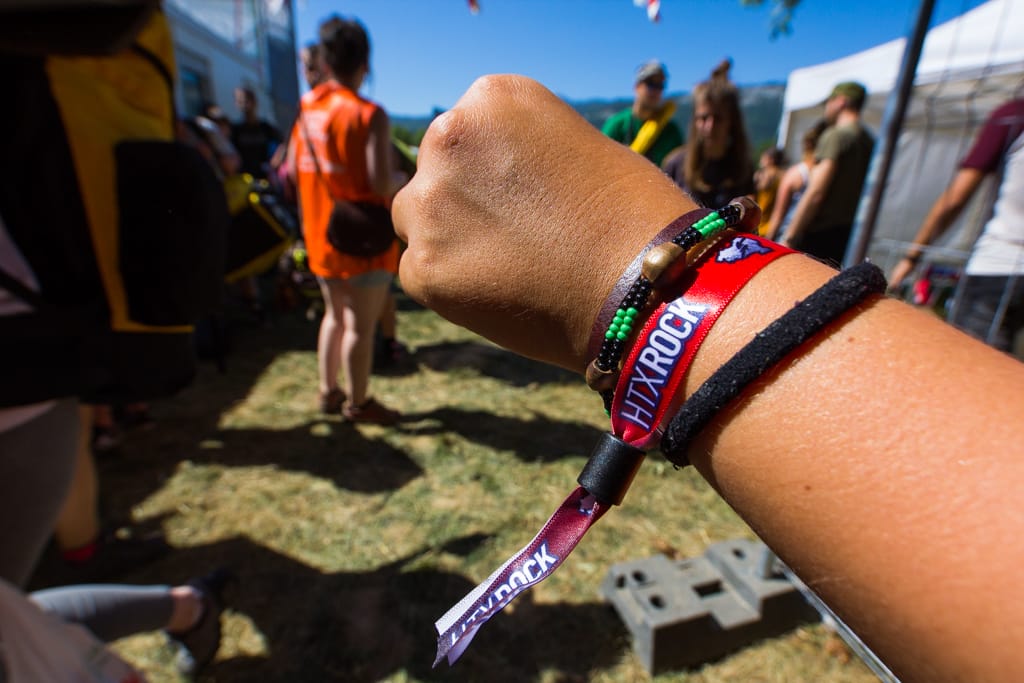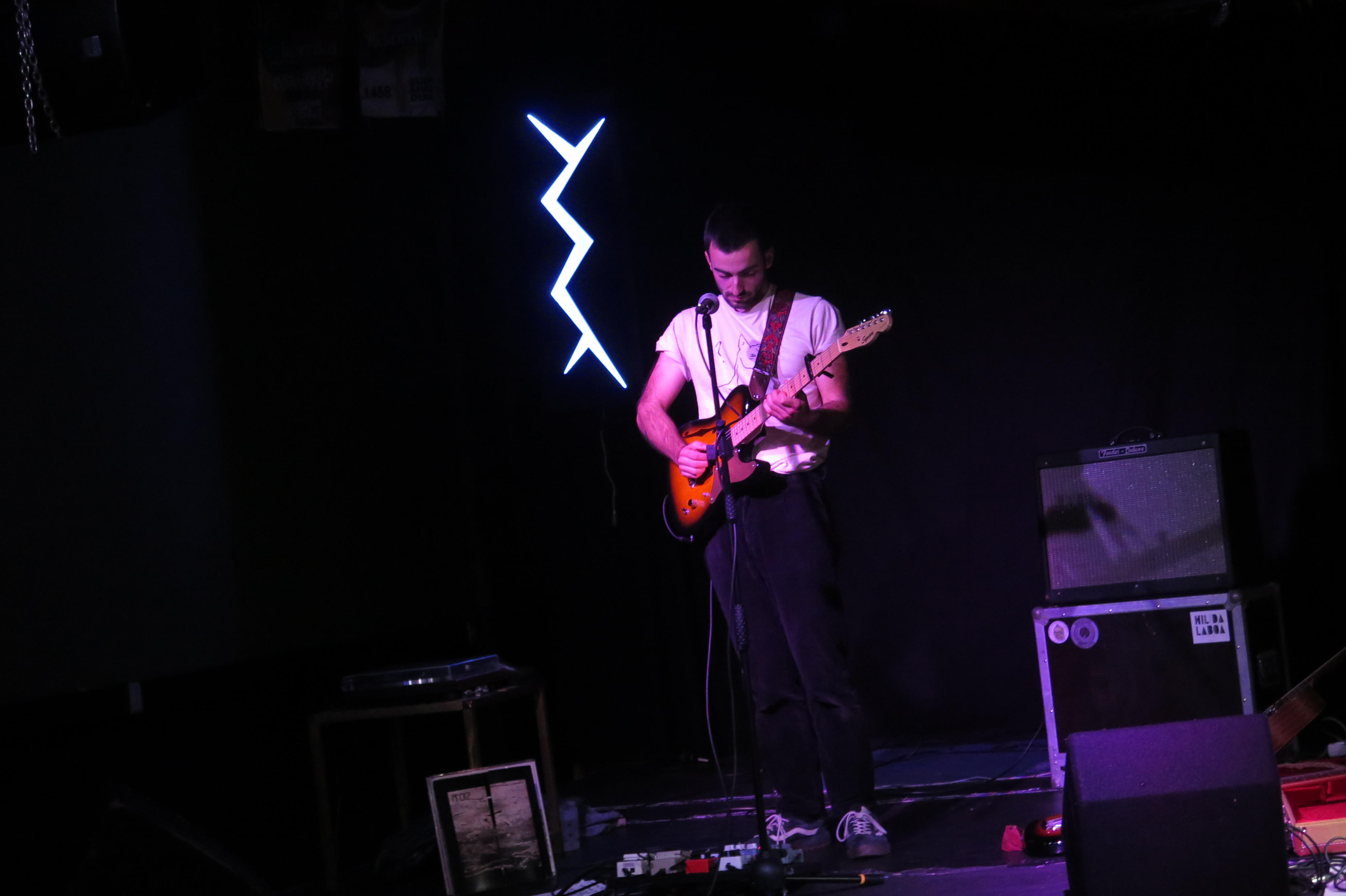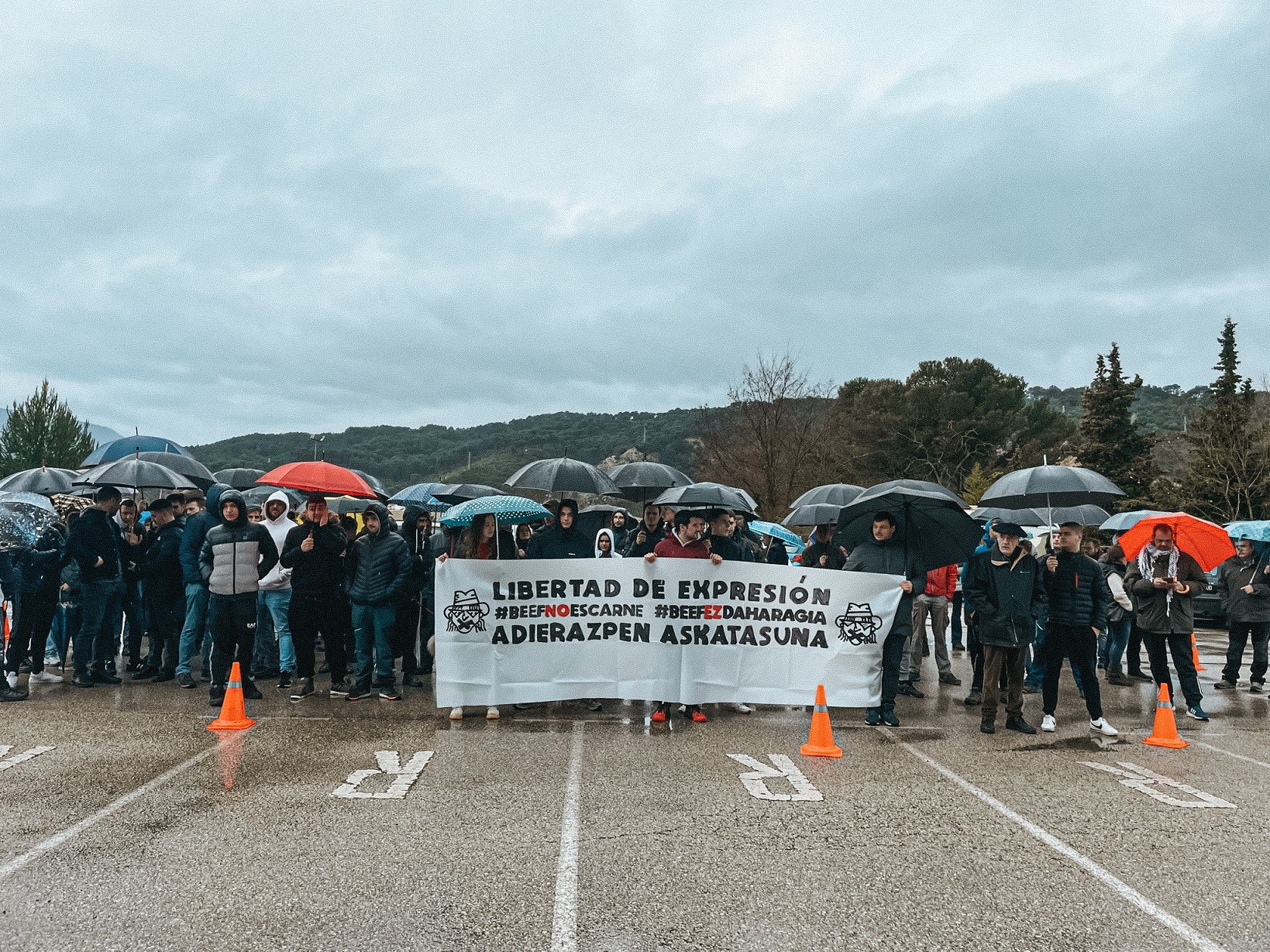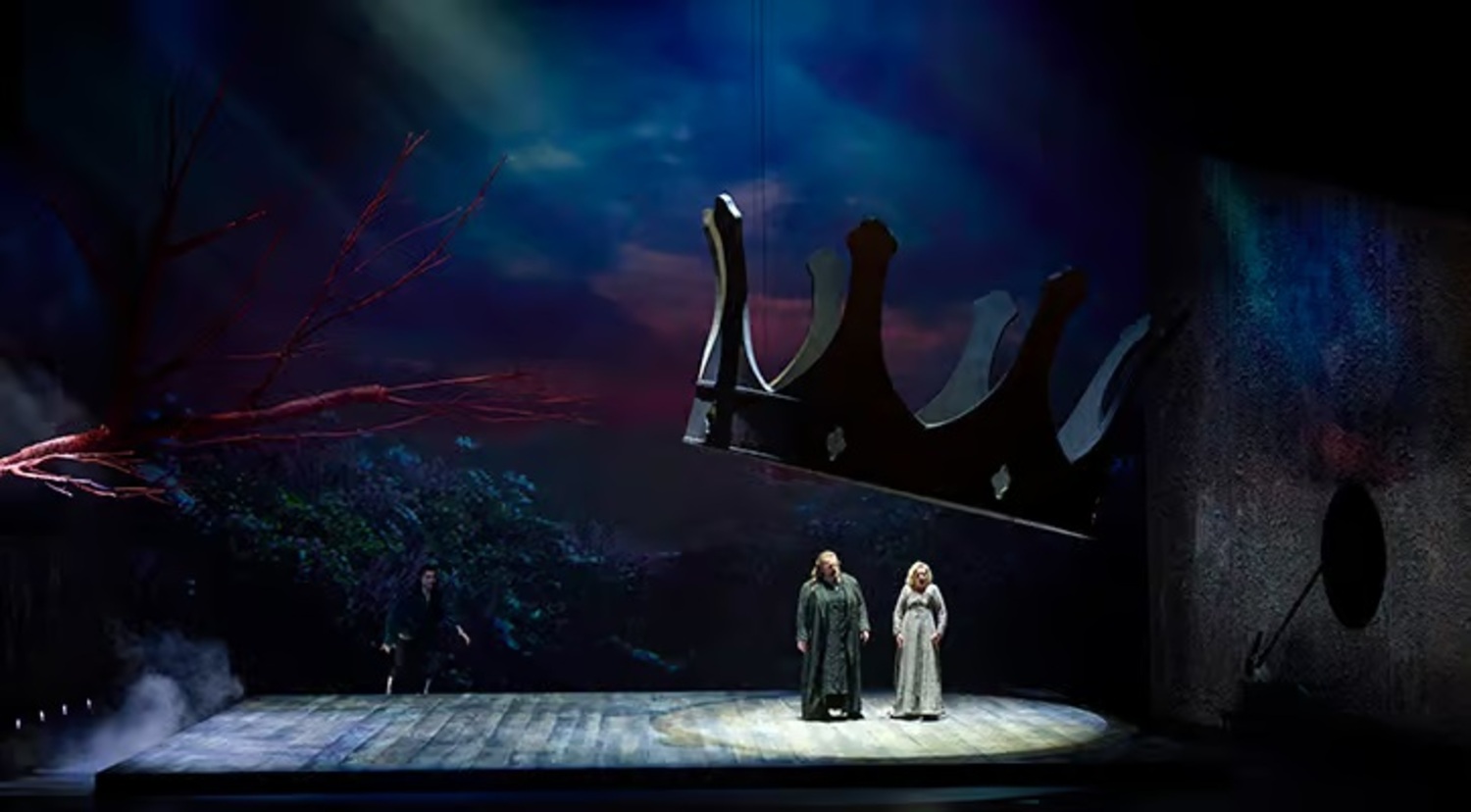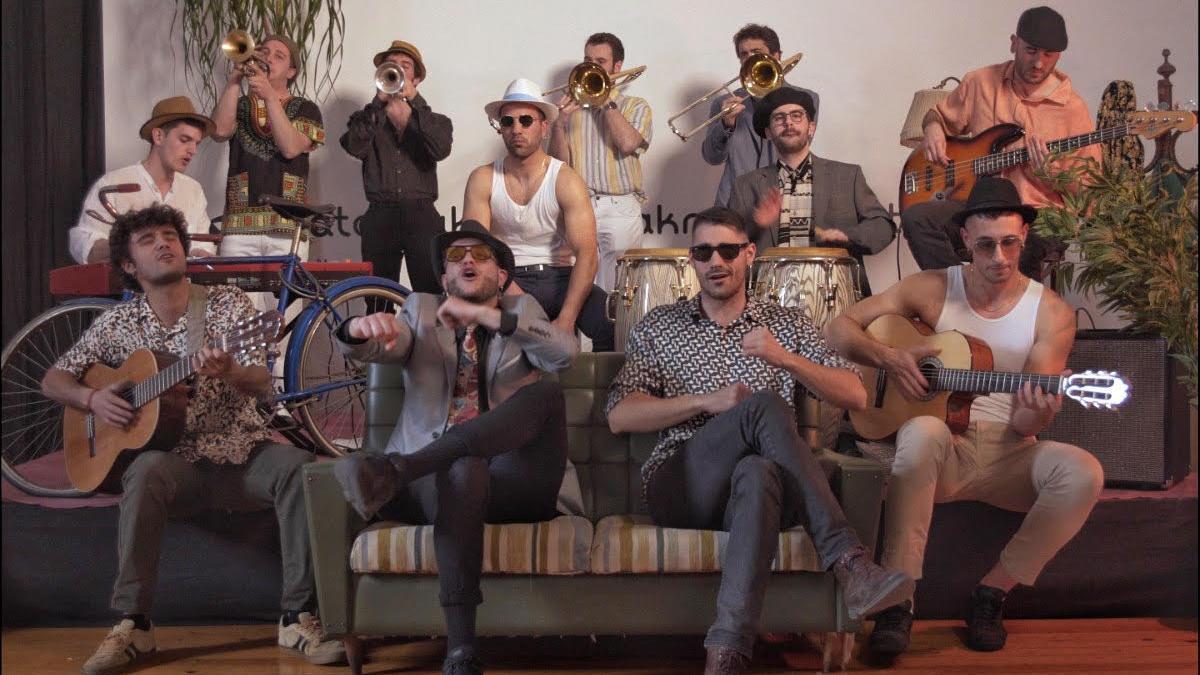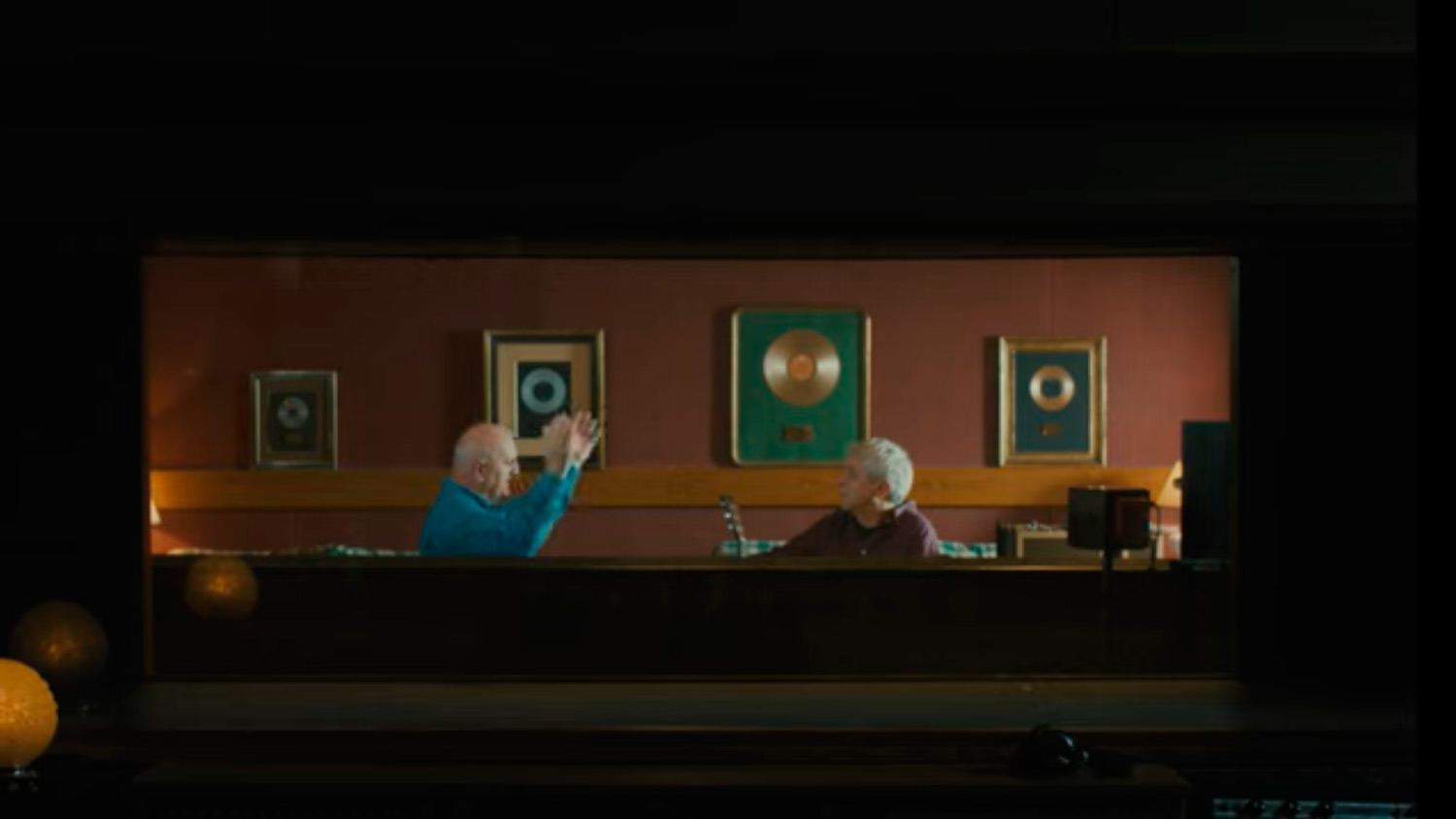"They don't always understand me because they can't label me."
- “The sun melts the snow from the summits...”

“In 1935, Baiona…” are the first notes of your march.
My grandmother was from Roncal, Basque. The question of roots is essential for music, and I have always had an irreducible appeal to music. My grandfather was the director of the Harmonie Bayonnaise band and, before I realized it, the professor at the Baiona Music School set me on my way to the conservatories in Bordeaux and Paris. Both the international competitions and the prizes, I didn't get anything, and at the same time I played in the dancing, the parties or the closed circles of the classicists. I've been a professional musician since I was 14-15 years old. I have never had trouble playing at the Biarritz Casino, in the dark rooms of Pigalle or in the temples of music. I lived music, had virtues and few prejudices. So, listening to the radio, I discovered jazz. The ringtones of the voices and the color of the music I loved. The legend says that to make jazz you have to be black, the myth has to be learned in the United States. Neither of us are self-taught.
The Free Jazz movement moved to France in self-teaching.
At the political core of the Free movement, founded in the United States, there was a denunciation of racial segregation. Because I was on the subject, because the anti-Francoist struggles had an echo in me and I had just spent 30 months in the Algerian war, we wanted to bring to jazz the need for freedom that was then breathing. It was 1968, and if a young man was asked, “Why are you involved in the revolution?” he replied, “because I don’t want to be like my father.” Both in life and in jazz, we had the need to free ourselves from the imposed structures and frameworks, to break the norms and codes. We wanted to do what had not been done until then, break routines, drill the wheels of the inertia that we had seen.
Was freedom the only one that could not be hurt?
The Free Jazz album and the Portal Unit group were designed to unleash total improvisation and promote freedom. We didn't know where we were going, we didn't know what we were looking for, but we didn't care. Later I learned that once you found it you will know what you were looking for, not before. The only thing that worried us was to be busy, to act with nothing else, to do. The establishment of jazz and much of the criticism were greeted with bad ears. We did anything, we improvised because we didn't know how to play well ... We were skinned with what we could and more. We, on the other hand, had before us the listeners: people with pleasure in discovery, experimentation and search. In fact, music was not yet a product formatted for common consumption.
Is improvisation the mouth of the knife?
It is not for nothing that I say that the principle is always the most beautiful in history. Listening to us, in full freedom, when you take risks, unique and unrepeatable moments emerge, but also tensions and clashes. In the mouth of the knife you see the true character of each. It takes no time to guess who the yawning is, who the unsupportive, who the applause, who the farsante, who the playful, who the artist ... If you add to this the whirlwind of criticism and professional interests, human misery squeezes you. I know those who have denied my participation in the Free movement, who have confessed to me the shame of feeling miserable all my life. We had nothing to gain or lose. That saved us.
Farsantes, playful, artists... What were you?
In the New Phonic Art, our motto was not to talk about what we played. Neither ahead nor after. We didn't know where we were going, but we're leaving. It's over. However, to improvise in contemporary music was to throw the wood on fire, laugh at the absolute power of the composer. Improvisation will always be dangerous for those who are not completely immersed in improvisation. I've seen the hatred of composers, as square as the screen, that we've spread at the center of their piece. I've also met great musicians who were starting to improvise and were always frustrated. When you improvise, you can't say, "I've been wrong," you can't think, "If I had had time I wouldn't have done it that way." To improvise you have to forget yourself, follow the wind and to follow the wind, it is essential the passion for sharing, the relationship.
And when relationships are the wind?
Unfortunately, there are too many musicians who ask for a lot and give little, without giving a single respite like the cyclists who always go on the wheel. It's very difficult to find people willing to give everything to leave a mark. When, with the formula of success, they discover the magnitude of the treasure, some remain there, until the last drop of milk comes out, and others sneak into the second tragic. When it is reported that there are 30,000 spectators in front of each other, some get angry “and what?” while others ask “how much euro is that?” Worst of all, leaders want to have partners who are going to depend on them. If the leader feels that his hegemony is wobbling, he will try to crush you. If I start improvising, it's not to annoy anyone, but to suddenly reach an unknown world. I find competition and artistic gallinage absurd, but unfortunately, the world of betrayals is that of music.
Is it a betrayal to link improvisation to gravity and to the tricks to get it out of anguish, as society unites it?
You can't improvise everywhere. If I improvise in a small, reunified room, no one will tell me whether it's good or bad. People know that improvisation is fragile, it requires concentration, availability in case of unexpected events, time. In the room of 3,000 people, however, if you start wandering, you start scratching your nose, another decides what to have dinner and someone removes from Facebook the message that says it comes to your concert. There you are condemned to act from the first second with all firmness and artifice to try to take you to places where people do not expect to give what they expect from you as soon as possible. So, at the big festivals, I prepare music. I know when I can't put my leg in, when I can't put my leg in between my legs. When you don't know how public you have in front of you, where it's politically, whether it's your fans or whether you've come to position yourself socially, whether you have your anus or your music in your head ... What do you share? What's the point of the risk if you don't share anything? I've learned where I can play and where I have to pass the test.
In the current musical landscape, if there are many studies and little play...
The times are over when art justified the resources for creation and experimentation. In the past, we moved three trucks that were worth their fortune to the concerts, a trope of engineers that looked like NASA was helping us in the search for a sound ... It cost a lot of money, but the producers didn't care so much, they were willing to take risks. If you displace all this today and do not fill the room, the producer commits suicide before the concert ends. In this way, there are only very narrow and marginal avenues for experimentation, and artists have become an economic value. That's why creation has changed so little since the 1970s. That's why you have to love artists, try to understand what they're doing, empathize ... No prejudice. For example, there's tremendous pro-Americanity in jazz. Do you know of any Portuguese jazz musician? Why isn't there a Spanish jazz musician playing in France? Festivals are full of Americans and, how to say, not all of them are pointers. To globalization, I look a lot like colonization.
Is globalization faced with its own personality and style?
Yeah, but when you think you're special, you become normal. I've always tried to confuse clues that don't identify me with anything. He played the classic, accompanied Barbara, Jacques Brel or Léo Ferré, offered jazz concerts, experimented in contemporary music... I've lived in total polyvality, and because they can't label me, they don't always understand me. Because I don't do what's expected of me, I'm uncomfortable for some and a hindrance for others. The newly deceased radio José Arthur said that I am the commander of the Clarinetists who didn't want to get into the line. The problem is that everyone now knows who Michel Portal is, except Michel Portal.
It's got a shiver.
I live in constant terror, in eternal anxiety. I'm already panicking the repetition of what's done, the routine. I believe in difficulty, in laziness. I haven't lived in a place I'd like to live. I'm tired of hearing the jazz version from below when I'm working on the classic, and when I'm with jazz, classical harmonies appear on the horizon. The same is true of the Basque Country. I have left behind a city where I will never return. I have the singing language of the lodgings of Baiona and the drum of the mutxi programs nailed in the hull. I am afraid to lose myself and, at the same time, I cannot expel them. I live in constant contradiction with myself, exile, always insatiable, never satisfied.
That's why you've never come to pick up the rewards you've been given?
I can't step on the red carpets. I see no logic or pleasure in it. It may be a shame, perhaps a pride, an indifference, but every time I get in front of a red carpet, I feel the risk of falling and falling. The danger of falling would excite me in the music, scare me in all the paraphernalia that surrounds it. Furthermore, I am not happy to know that I have won, to appear with the prize. Even when I stay on the street, I answer icy, and it's not because I don't like it, but because it hurts my head to imagine my work to calm the ego. I know it's not elegant, I should be more courteous, but because I have a lot of work to manage my fears and my misery, I denied anyone who misses me.
You have heard it said here and there that derailing for a “tablated beast” as you are making sound bands for film and television.
I've always liked film, and I've always joined sounds with images. In Mozambique, for example, I made a travel notebook, binding what I had seen and heard. So I really enjoyed creating soundtracks that would go out easily, until, instead of working with musicians, I ordered myself to work with machines and discouraged myself. I'm very sensitive to what's around me. I'm interested in thoughts, experiences, reactions, feelings, imagination -- not machine perfection. I don't have a mobile phone, no computer, no internet. Why? Surely because I don't want to be like others. Because I don't want to be one of those who go by bus or subway with their cell phone. In the car, when I hear about 40 people hanging from their trepetes, I don't know what to do. I look at them, but I don't support them. I do not understand how this sudden era has come upon us. I do not understand that the computer is an instrument. What's more, I think technology has brought a lot of a trap to music. I have joy and good musicians onstage, and I'm one of those who transform, of those who don't play at the same time just at home. I'm not a computer, but fortunately, I've been lucky enough to write the soundtrack of my life.
Michel Portal, Baionan sortua 1935ean. Jazz munduko klarinetista eta saxofonista ospetsua; puntako interprete klasikoa; J. Brel, Barbara edo Léo Ferré bezalako artisten primerako laguntzailea; filmen eta telesailen soinu banden egile oparoa... Musikari sailkaezin bezain polibalentea da Michel Portal. Inprobisazioa lematzat, ordura arteko guztia kolokan jartzera zetorren Free jazz mugimenduaren aitzindaria izan zen Frantzian zein Europan. 25 disko, 100 soinu bandatik gora eta inoiz jaso ez dituen hainbat sari ditu bizkarrean.
Guretzat zabaldu dute Parisko jazz areto ezaguna. Galdera-erantzunen artean anekdota musikatuak kontatu dizkigu Michelek, eta Erronkarin entzun zuen txiste baten berri eman ondoren, piano atzean eseri da argazki sesiorako. Ez omen zaio argazkietarako posatzea gustatzen, ez ei dago behar bezala orraztuta, eta goizean aurpegi txarrez altxa dela salatu omen dio ispiluak. Jotzen hasi eta denak ahaztu zaizkio, ordea. Edozeinek esango luke 80 urte betetzear dela.
Things aren’t easy in fact, and it will be for one reason or another, but lately I’ve bitten my tongue more than I should for these two things: the culture of the sold out and the FOMO – the latter perhaps has to be explained, because it’s not said so many times: the... [+]
Ultra
La Furia
Baga Biga, 2024
---------------------------------------------------------
Cascanteko La Furia-k bosgarren diskoa plazara atera du. Mimoz eta erraietatik, berarentzat funtsezkoak diren osagai horiekin, prestatu du honako pozima, pozoitsua eta aldi berean... [+]
EMEADEDEI + MAHL KOBAT
WHEN: February 2nd.
IN WHICH: In the youth center of Zuia, Murguía.
----------------------------------------------------
On September 20 of last year, we first heard about collective music in the profile of the social network they had just created:... [+]
Opera 'Tristan und Isolde'
Bilbao Symphony Orchestra. Directed by: Assisted by Erik Nielsen.
The Bilbao Opera Choir. Directed by: Assisted by Boris Dujin.
The stage director: To the Allex Eagle.
The soloists: I'm talking about R. Assisted by Nicholls, G. By Hughes Jones, M. The... [+]
Party and recreation. Oral History of Rock Radical Vasco
Javier 'Jerry' Corral
Books, 2025
------------------------------------------------
Javier Corral ‘Jerry’ was a student of the first Journalism Promotion of the UPV, along with many other well-known names who have... [+]
All
WHEN: January 18th.
IN WHICH: Jimmy Jazz of Vitoria-Gasteiz.
----------------------------------------------
I have a question in my mind lately: how much do things change in 30 years? Yes, reader, you guessed it: I’ve just turned three decades old. It will be a... [+]
Itoiz, udako sesioak filma estreinatu dute zinema aretoetan. Juan Carlos Perez taldekidearen hitz eta doinuak biltzen ditu Larraitz Zuazo, Zuri Goikoetxea eta Ainhoa Andrakaren filmak. Haiekin mintzatu gara Metropoli Foralean.
Sawdust
Olaia Inziarte
Panda, 2024
-------------------------------------------
Fourteen songs written during the Depression. Olaia Inziarte presented it in the first late night in Basque that can’t be mentioned now. The bru-ta-la piece Sawdust opens the disc. A jazz... [+]









